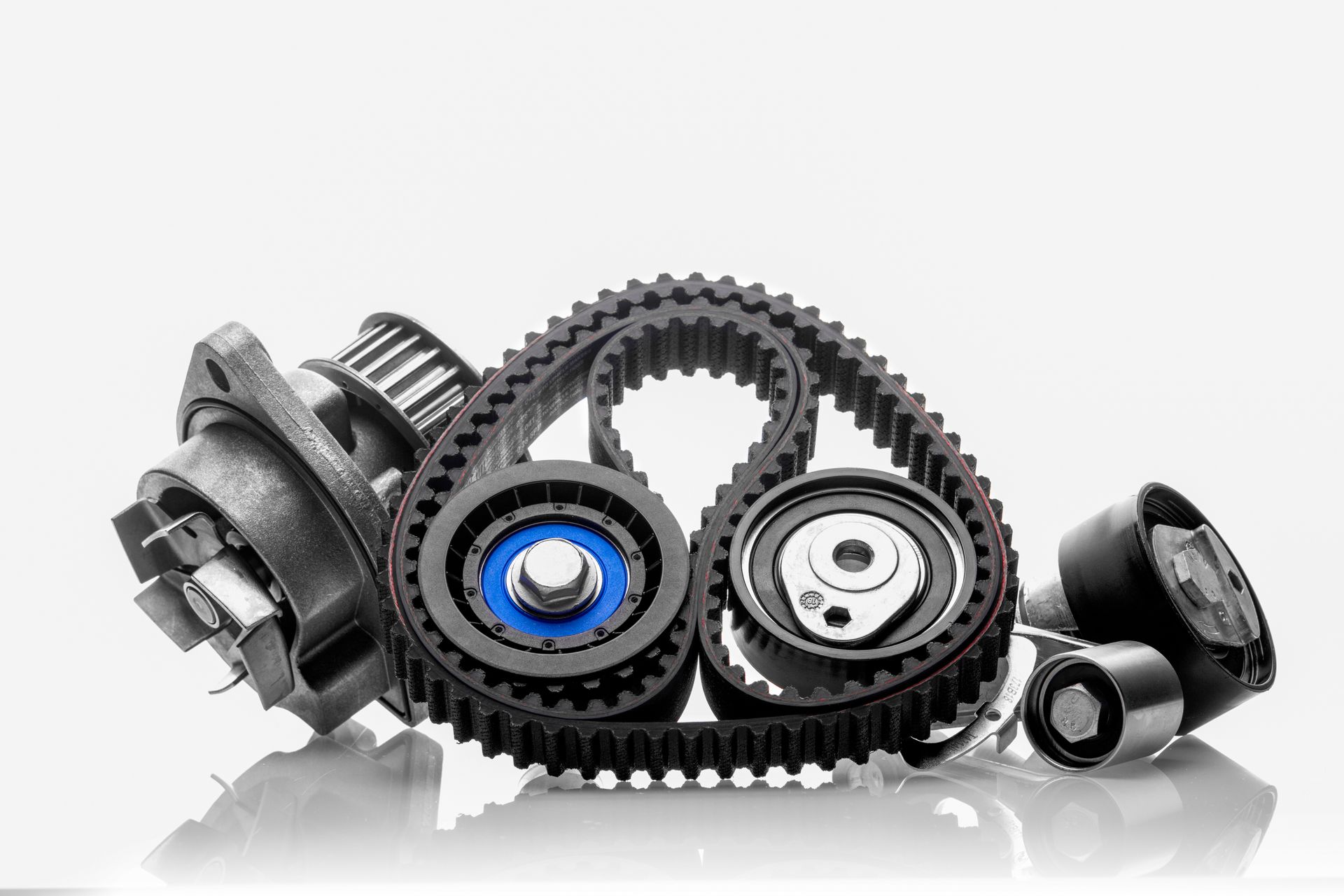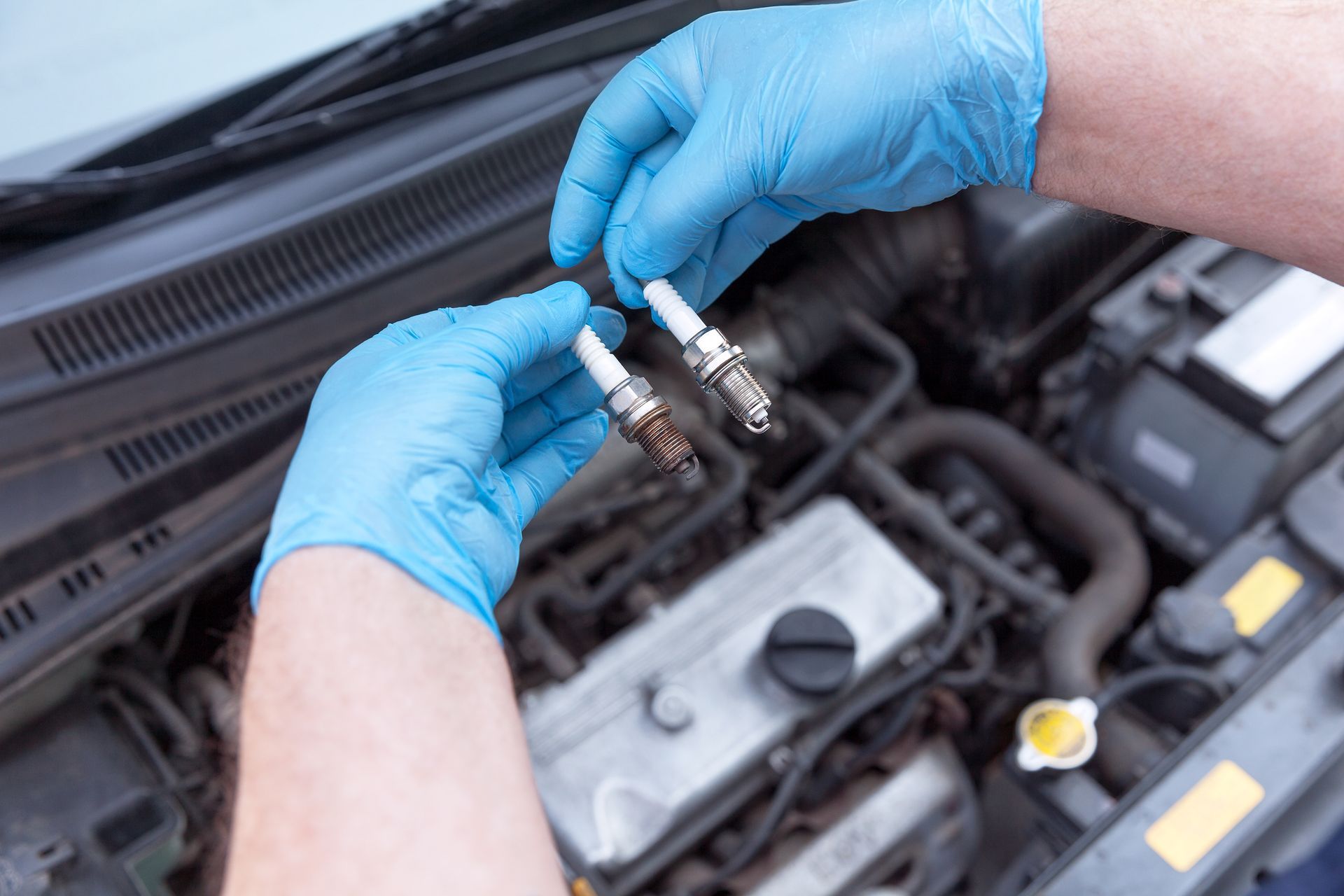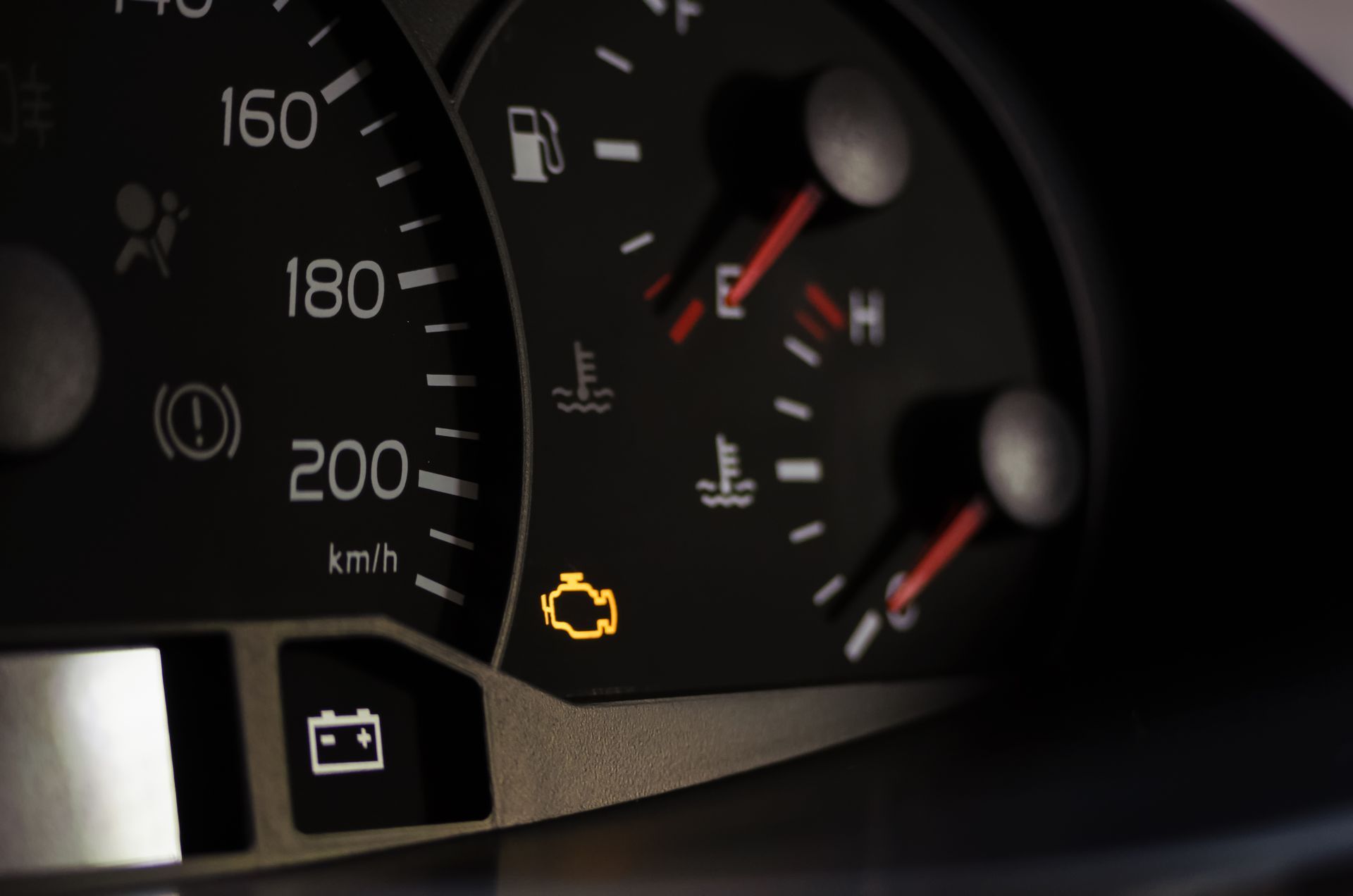Loading ...
Missing business hours data / Error occurred while getting the data.
7 Signs Your Car Is Having Suspension Issues
7 Signs Your Car Is Having Suspension Issues
Your car's suspension system plays a crucial role in providing a smooth and comfortable ride while ensuring optimal handling and stability on the road. However, like any other component, it's susceptible to wear and tear over time. Recognizing the signs of suspension issues early can help prevent further damage and ensure your safety on the road.
1. Uneven Tire Wear
One of the telltale signs of suspension issues is uneven tire wear. If you notice that the tread on your tires is wearing out unevenly, it could be due to misaligned wheels or worn-out suspension components. Uneven tire wear not only compromises your vehicle's handling and traction but also indicates potential suspension problems that need immediate attention.
2. Excessive Bouncing or Dipping
When driving over bumps or uneven road surfaces, your car should absorb the impact smoothly without excessive bouncing or dipping. However, if you experience a bouncy or floaty ride, it could be a sign of worn-out shocks or struts. These components are responsible for dampening the up-and-down movement of your vehicle and maintaining stability. Excessive bouncing or dipping can compromise your car's handling and overall ride comfort.
3. Drifting or Pulling During Turns
If your car tends to drift or pull to one side when making turns, it could indicate suspension problems. Worn-out or damaged suspension components can affect your vehicle's alignment, causing it to veer off course during turns. This not only affects your ability to steer effectively but also poses a safety risk, especially when navigating corners or curves at higher speeds.
4. Rough or Vibrating Ride
A rough or vibrating ride is another common symptom of suspension issues. If you notice excessive vibrations or a rough feeling when driving, especially on rough roads or at higher speeds, it could indicate problems with your car's suspension system. Worn-out shocks or struts, as well as damaged suspension bushings, can contribute to a harsh ride quality and reduced comfort for passengers.
5. Knocking or Clunking Sounds
Strange noises such as knocking or clunking coming from underneath your car could be a sign of suspension problems. These noises typically occur when driving over bumps or rough terrain and may indicate loose or worn-out suspension components such as ball joints, control arms, or sway bar links. Ignoring these sounds can lead to further damage and compromised safety.
6. Nose Diving When Braking
If your car's front end dives forward noticeably when braking, it could indicate issues with the suspension system. Worn-out shocks or struts cannot effectively control the weight transfer during braking, causing the vehicle's front end to dip excessively. This affects braking performance and compromises overall vehicle stability and control.
7. Fluid Leaks Underneath the Car
Lastly, fluid leaks underneath the car can also be a sign of suspension problems, particularly if the leaks are near the wheels or shocks/struts. Leaking shock absorbers or struts may indicate worn-out seals or internal damage, leading to reduced suspension performance and potential safety hazards.
Noticed any of the issues or the time for a maintenance check-up is near? Auto Smart is one call away from giving your car the care it deserves!
Loading ...
Missing business hours data / Error occurred while getting the data.
Loading ...
Missing nap lines data / Error occured while getting the data.



